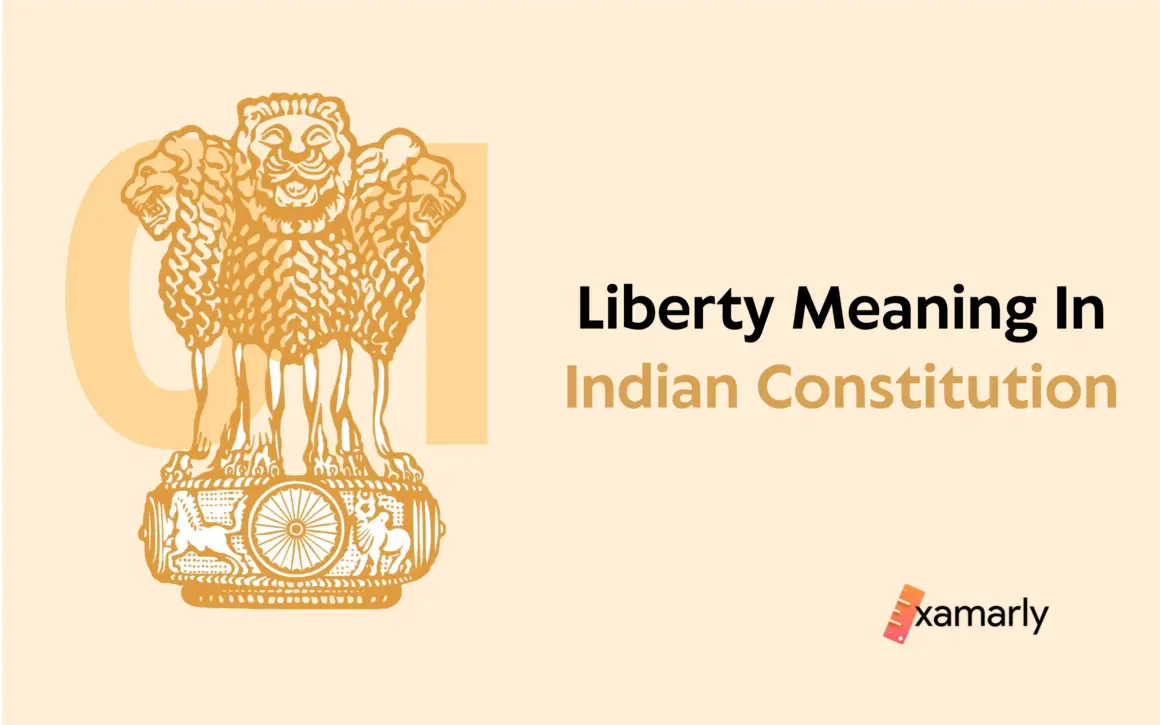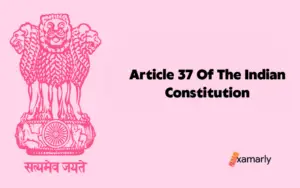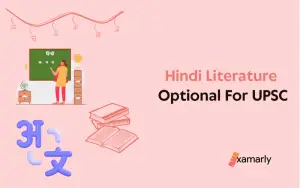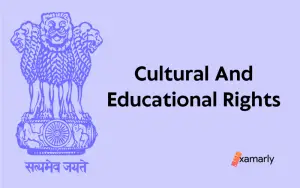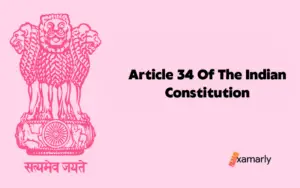India is one of those countries that adopts liberty in a balanced way. Liberty meaning in Indian constitution holds the power to inculcate freewill with a check on it’s abuse. Read more about it in here. This article will enlighten you on all the aspects of liberty as a whole to a nation and its adoption.
- Components of Preamble
- Liberty Meaning In Indian Constitution : The Concept and Its Constitutional Context
- Personal Liberty: Meaning and Scope
- Scope
- Right to live with dignity
- Right to a decent environment including pollution-free water and air and protection
- Against hazardous industries
- Right to livelihood
- Right to privacy
- Right to shelter
- Right to health
- Right to free legal aid
- Right against inhuman treatment
- Right to travel abroad
- Right against bonded labor
- Right against custodial harassment
- Euthanasia
- Right to information
- Right against public hanging
- Reality Of Liberty In Indian Democracy
- Real-Life Examples
- Criminal Liberty
- Right To Personal Liberty
- Conclusion
Components of Preamble
The preamble to the Indian Constitution is a brief introduction that outlines the primary objectives, principles, and philosophy of the constitution. the following elements are included in the preamble:
- The Preamble of the Constitution indicates that the Indian people are the primary source of authority for the Indian Constitution, and no other authority and external power have control over it.
- The preamble has formally decided to turn our country into a SOVEREIGNTY SOCIALIST SECULAR DEMOCRATIC REPUBLIC, and independent authority and to guarantee the following rights to all of its citizens:
- JUSTICE, social justice (society without discrimination), economic status or economic justice, and political justice.
- LIBERTY of thought, expression, belief, faith, happy life, and worship.
- EQUALITY of status and opportunity; (no special privileges) and to promote among them all
- FRATERNITY (feeling of brotherhood) assuring the dignity of the individual and the unity and integrity of the Nation.
- The preamble mentions the date when it was adopted, which is November 26, 1949.
Liberty Meaning In Indian Constitution : The Concept and Its Constitutional Context
The word “liberty” refers to the absence of restrictions on people’s behavior as well as still providing the establishment of their unique personalities.
In political theory, liberty is defined as the condition of being free from restrictive controls placed by authority on one’s way of life, behavior in society, or political beliefs within society.
According to the Preamble, all Indian citizens are guaranteed freedom of thought, expression, belief, faith, and worship through their fundamental rights, which are upheld in court in the case of a violation. Equality without Liberty would kill individual perception. Without equality and liberty life remains like an animal existence.
The Preamble’s statement of liberty is vitally important for the successful operation of the Indian democratic system. However, liberty must be enjoyed within the restrictions outlined in the Constitution itself and does not mean “permission” to do as one entertains. In essence, the personal liberty promised in the Preamble, or the fundamental rights are not absolute but are qualified.
Personal Liberty: Meaning and Scope
Part III of the Indian Constitution of 1950 emphasizes personal liberty as a fundamental right for all citizens. These Fundamental Rights stand in for the fundamental principles that the population upholds, and they are protected from state action, which means that no act by a governmental authority may infringe on a citizen’s fundamental rights unless conducted so by the legal process.
Scope
The scope of personal liberty is quite broad and cannot be contained within the parameters outlined in Article 21[3]. Personal liberty refers to the liberties and dignity that should be extended to all nationals for them to live peacefully and free from government meddling in their personal affairs. The article is then said to apply to both citizens and non-citizens.
Here, the following subheadings can be used to explore certain concepts that can be generally addressed under Article 21:
Right to live with dignity
This right guarantees that everyone can live in a society with respect and can live a dignified life. No other person or government may violate this right. The Francis Coraile v. Union Territory of Delhi case provided a clear explanation of the right.
Right to a decent environment including pollution-free water and air and protection
The fundamental right of each person includes the right to live in a clean environment. A person must maintain good health and living conditions, according to the court’s ruling in Vellore Citizens’ Welfare Forum vs. Union of India.
Against hazardous industries
The industries that create hazardous environments may be sued for violating this constitutionally guaranteed right under Article 21. Suitable, risk-free working circumstances must be made available to the workers.
Right to livelihood
According to Mohini Jain Vs the State of Karnataka, a person has the legal right to support himself without interference from the government or any other person, unless their work is illegal or otherwise forbidden by the law.
Right to privacy
It is also a person’s right to keep their personal information private and secure. The Supreme Court viewed the right in 2020 as being fundamental.
Right to shelter
This right refers to the ability of a person unless banned by law, to have a comfortable location. In Rajesh Yadav v. State of UP, the court recently submitted it.
Right to health
One’s basic right is to take care of oneself medically and to receive the appropriate care, as only healthy people are capable of advancing the country. The Supreme Court determined this in Parmanand Katara vs. Union of India.
Right to free legal aid
Every person in the nation has a right to be aware of the law and to receive free legal aid and counsel if one of their legal rights is violated.
Right against inhuman treatment
If a person believes that a state or another person has treated him inhumanely. He is entitled to use Article 21 of the Constitution to challenge this contempt. Whether the person is a citizen or not.
Right to travel abroad
Similar to marriage and family, travel abroad is a legitimate and fundamental human right that was recognized in 2019 by Satish Chandra Verma v. Union of India.
Right against bonded labor
The worst type of labor, often known as slavery or bond labor, was long ago outlawed by the government due to its risk and inhumane nature.
Right against custodial harassment
Even while being held by the police or the court, a person must act appropriately. He shouldn’t be harmed at that moment. In the case, Bandhua Mukti Morcha Vs. Union of India, it was considered.
Euthanasia
The words “euthanasia” and “Thanatos,” which both imply “death” in Greek, are combined to form the word. In essence, it denotes a “happy death.” It is the practice of taking the life of someone who is still breathing but has an incurable illness, causing them immense misery and agony. Doing or not doing something to his or her body, instead aids in a peaceful and painless death. Thus, it is often referred to as “assisted suicide” or “mercy killing.”
There may be two types of euthanasia- active and passive.
Active Euthanasia When a patient agrees, active euthanasia includes doing something to them to end their life such as giving them an injection that can serve the purpose, among others.
Exempting medical care to end the patient’s life is known as passive euthanasia. In other terms, it refers to withholding treatment from a patient that, if administered, might have saved that patient’s life. Stop feeding the patient, for instance.
You Might Also Like – Sovereign Meaning In Indian Constitution
Right to information
Every person has the legal right to information. The Right to Information Act of 2005 was created to educate the public about public agencies and government programs in particular.
Right against public hanging
No one may be deprived of their life or personal liberty, the article states, unless doing so follows a legal process. Public executions were declared to be both illegal and cruel under this right.
Within the purview of Article 21 and personal liberty, several other rights may be included. The right to life and personal liberty is the only real criteria that have been established to limit the applicability of this article.
Reality Of Liberty In Indian Democracy
The Indian Constitution starts with justice, and the justice being discussed here is for and about liberty, which endures for the benefit of the constitution and the general public, and ensures that every available solution for an individual is used.
Because of the famous case of the journalist who was imprisoned based on aiding in suicide, and because Justice Chandrachud of the Supreme Court used the authority under Article 226 for a writ of habeas corpus, liberty has become a fiercely disputed issue.
Nobody is dissatisfied that the Supreme Court decided to use its authority to protect someone’s liberty. But in such a case, the Supreme Court would violate Article 15 of the Indian Constitution if it made discrimination between Persons A and B.
One aspect of liberty is the right to privacy. The human right is nothing more than a person’s right to exist in dignity, hence the human right also includes the right to fundamental liberties. A person’s right to liberty includes the ability to keep their dignity.
Kasab, a terrorist, was granted the right to a trial under Indian law and that fact was captured on camera. Despite the obvious picture, we observed a fully free, and fair trial, and after it, a conviction was delivered, proving that liberty exists for both the general public and the constitutional body.
In 2021, Article 21 guarantees there are no unreasonable restrictions on citizens in terms of thought, feelings, expressions, liberty, and the pursuit of happiness as well, protecting these rights is the government’s top priority.
Real-Life Examples
A.K. Gopalan was held in custody under the Preventive Detention Act (1950)[11] in the case of A.K. Gopalan vs. State of Madras (1950)[11]. A.K. Gopalan then challenged the action because it violated his right to personal liberty.
According to the Supreme Court, personal liberties can only be violated under two circumstances:
- presence of physical restraint
- presence of coercion
If either of the above-specified elements is not present in such a scenario personal liberty is not affected and will remain non-violated.
In the case of Maneka Gandhi v. Union of India (1978), the government detained Maneka Gandhi’s passport without providing any explanation for doing so.
Maneka Gandhi complained to the Supreme Court about the government’s action, claiming it violated her right to personal liberty. In its opinion on personal liberty, the Supreme Court stated that it is a broad term. Physical restriction and coercion alone cannot violate one’s right to personal liberty.
This case overturned the A.K. Gopalan case’s limited interpretation of personal liberty. In this specific case, the notion of personal liberty was expanded. According to the Supreme Court, any statute or practice that restricts a person’s freedom must reasonably pass the Test of Reasonability.
Criminal Liberty
The ultimate goal of the criminal justice system is to:
- Reassuring innocent people that the legal system will not be abused.
- Delivering the message to society that if the law is disregarded and crimes are committed, they will undoubtedly face punishment.
Every Indian citizen has a constitutional right to a speedy trial and reasonably priced justice.
Right To Personal Liberty
The personal liberty of the people must be guaranteed across the nation, particularly in union areas and small towns where there is still a lack of law and justice.
The police and the government must act properly and defend the rights of individuals from infringement.
The right to personal liberty means there should be no hindrance in the private and personal life of an individual. The Supreme Court of India, which also serves as a custodian of the constitution, is where the law’s spirit is found. If a person believes that their fundamental rights are being violated, they can file a complaint with the Supreme Court because our constitution clearly states that the police, the government, and the judiciary must work together to uphold these rights.
Conclusion
The concept of “liberty” refers to the absence of rules dictating how people should behave but still allowing for the development of their distinctive personalities. Being free from limiting restrictions imposed by authorities on one’s way of life, social behavior, or political ideas within society is the condition of having liberty.


